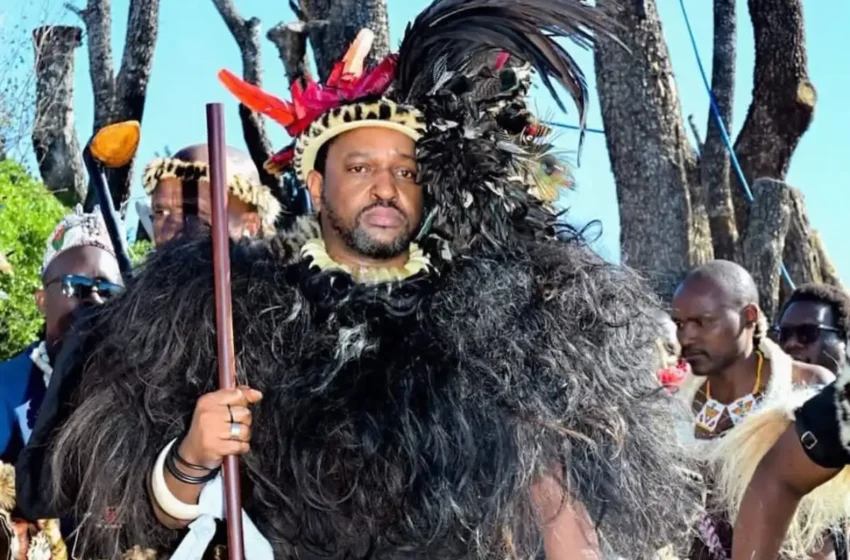King Misuzulu faces major decision on R10 donation drive for Zulu Kingdom

King Misuzulu kaZwelithini
The Zulu Kingdom is entering a decisive moment as King Misuzulu kaZwelithini considers a proposal that could fundamentally reshape its financial footing. His advisors, Philani Mavundla and Professor Jabulani Maphalala, have tabled an initiative calling on every Zulu person to contribute R10 per month towards building economic independence for the monarchy and its cultural programmes.
According to Mavundla, the plan has been carefully modelled on successful systems established elsewhere, particularly Tibiyo taka Ngwane in Eswatini. Founded by the late King Sobhuza II after independence in 1968, the Swati fund encouraged citizens to contribute cattle, cash, and resources to create a financial vehicle that today owns major businesses in the kingdom. That vision, Mavundla argues, has helped Eswatini retain control of its own economy while reducing reliance on foreign and government support.
The timing of this proposal comes against a backdrop of fiscal strain. The KwaZulu-Natal Treasury recently announced it would not provide extra funding for the annual Reed Dance after King Misuzulu moved the festival from Enyokeni Royal Palace to the historic Mashobeni Palace in northern KwaZulu-Natal. This decision, viewed by the King as a way of honouring Queen Nandi and King Shaka, raised concerns over costs. However, the royal household insists the event will go ahead within its existing budget.
Supporters of the donation scheme believe it could secure the kingdom’s long-term cultural and financial independence. Critics, however, note that the King has previously distanced himself from the initiative, stressing that it is not yet endorsed by any official royal structure. His keynote address at this year’s Reed Dance is expected to provide further clarity on his stance.
Meanwhile, the Reed Dance festivities themselves are taking centre stage, with thousands of maidens preparing to participate at Mashobeni. The King has already made headlines during this cultural season by introducing his fiancée, Queen Sihle Mdhluli, to his uncles in Eswatini – a gesture steeped in tradition and symbolism. Mdhluli, from the Mpumalanga-based Mdlhuli clan, becomes his fourth wife alongside Queen Ntokozo Mayisela, Queen Nomzamo Myeni, and Queen Nozizwe Mulela.
The convergence of financial debate, cultural celebration, and royal family milestones places the Zulu monarchy at a fascinating crossroads. Whether the R10 monthly contribution gains traction remains to be seen, but its potential to mirror Eswatini’s Tibiyo taka Ngwane model could mark a turning point in the Zulu Kingdom’s future.

